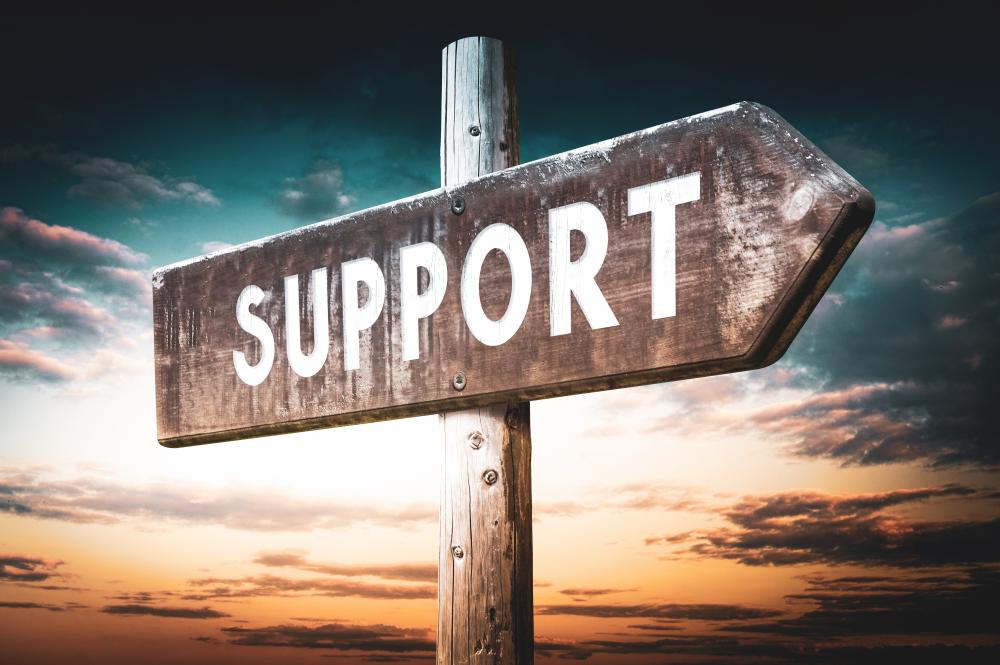
The Importance of Intervention for Addiction
Intervention is a critical step in addressing addiction, providing a structured opportunity for individuals to confront their substance use disorders. By facilitating an open conversation, interventionists aim to break through the denial often surrounding addiction. This process not only highlights the urgency of the situation but also paves the way for a path to recovery.
For many families, the act of staging an intervention is an emotional and sometimes daunting undertaking. However, when orchestrated with care and compassion, it can foster an environment of support and hope. Engaging a professional interventionist can greatly increase the chance of a successful outcome.
How to Identify the Need for Intervention
Recognizing the need for intervention begins with understanding the signs of addiction. These may include drastic changes in behavior, neglect of responsibilities, and legal or financial troubles. Family and friends often notice these red flags before the individual does. This is an area where our experts from Intervention.com really shine.
Engaging a professional can help assess whether an intervention is necessary. Interventionists evaluate the severity of the addiction and offer guidance on the next appropriate steps. Their expertise ensures that the intervention is both timely and effectively tailored.
Exploring Various Methodologies
The methodologies employed in drug intervention programs vary significantly. While some interventions are direct and confrontational, others opt for a softer and more empathetic approach. The BreakFree Intervention method emphasizes non-confrontational techniques, focusing on understanding and acceptance.
Another approach, known as the Family Systems Intervention, delves into the family dynamics that may contribute to the addiction. By addressing these underlying issues, the intervention fosters a healthier family environment and encourages long-term recovery.
Role of Family in Intervention
Family support plays a vital role in the success of drug intervention programs. By presenting a united front, families can express their concerns and expectations clearly and compassionately. This unity can often serve as a powerful motivator for the individual to seek help.
Participation in the intervention offers family members an opportunity to voice their feelings and boundaries. It is important to maintain a supportive and non-judgmental stance during this process, emphasizing the desire for healing and recovery.
Professional Interventionists as Mediators
Interventionists serve as neutral parties, guiding the process with expertise and empathy. Skilled in handling emotional situations, they work to keep discussions focused and productive. Their objective is to facilitate respectful dialogue, ensuring that all participants are heard and understood.
With extensive training, professional interventionists are adept at diffusing tension and helping the individual see the impact of their addiction. Their involvement can significantly enhance the intervention’s effectiveness, leading to better treatment engagement.
Success Rate and Long-Term Outcomes
The success of drug intervention programs often depends on the approach and the willingness of the individual to enter treatment. Long-term outcomes improve when interventions are coupled with consistent support and follow-up care.
Studies indicate that early interventions yield higher rates of recovery, highlighting the importance of timely action. Continuous family involvement and professional counseling contribute to sustainable recovery efforts.
Navigating Post-Intervention Care
Following a successful intervention, the next steps involve addressing the individual’s treatment needs. Options may include detoxification, inpatient or outpatient therapy, and support groups. The intervention team typically assists in creating a personalized recovery plan.
Maintaining a supportive environment is crucial as individuals embark on their recovery journey. Consistent communication and encouragement can help reinforce their commitment to sobriety and well-being.
The Value of Support Networks
A robust support network is invaluable in aiding recovery post-intervention. Friends, family, and support groups provide emotional and practical assistance, which is essential for long-term success. These networks offer accountability and encouragement during challenging times.
In addition to personal networks, professional resources such as counselors and therapists can offer guidance and skills to cope with triggers and prevent relapse. A multi-faceted approach delivers the best chance for sustained recovery.
Unique Approaches in Drug Intervention Programs
Innovative intervention programs are continuously being developed to address the diverse needs of individuals. Some programs incorporate creative arts, physical activities, or experiential therapies to engage participants holistically.
These unique methodologies often resonate with individuals who might not respond to traditional approaches. By meeting people where they are, these programs can effectively promote healing and personal growth.
Intervention.com remains at the forefront of innovation, adapting new strategies to enhance the efficacy of drug intervention programs. They prioritize a personalized approach, ensuring that each individual’s journey is respected and supported.

What are some intervention programs?
Intervention programs vary in their approach and methodology but often share the common goal of facilitating dialogue and promoting recovery. At our organization, we are known for the BreakFree Intervention method, which is a non-confrontational approach focusing on empathy and understanding. Other programs might include the Family Systems Intervention, which looks into family dynamics and their role in addiction. These programs cater to different needs, emphasizing a personalized approach to ensure that each individual’s circumstances are respected. If you’re considering an intervention for a loved one, exploring a range of these programs with a professional can help find the best fit for your situation.
How does an intervention program work?
An intervention program typically begins with a thorough assessment of the individual’s situation and the family’s dynamics. At our organization, we prioritize a structured approach, often involving family members and close friends to create a supportive environment. Our interventionists act as neutral mediators, guiding the conversation with compassion and expertise. The goal is to break through the denial and encourage the individual to acknowledge the need for help. A successful intervention leads to the individual agreeing to enter a treatment plan tailored to their needs, whether that involves detoxification, therapy, or other forms of support. It’s about creating that pivotal moment where real change can begin.
What are drug abuse prevention programs?
Drug abuse prevention programs are proactive initiatives designed to prevent the onset of substance use disorders. These programs often focus on education, community engagement, and the development of coping skills for individuals at risk. They might involve school-based curricula that educate young people about the dangers of drug use, or community initiatives that provide resources and support to at-risk populations. By addressing factors like peer pressure, mental health, and resilience, these programs aim to reduce the likelihood of substance abuse before it starts. Prevention can be incredibly powerful, and these programs are a crucial part of a holistic approach to tackling addiction.
What are the most effective programs to prevent substance abuse?
The most effective programs to prevent substance abuse often combine education with skill-building and community support. Programs like the LifeSkills Training program have shown success in reducing drug use among adolescents by teaching them how to handle peer pressure and develop better coping mechanisms. Additionally, evidence-based strategies such as family counseling and community outreach initiatives that foster a supportive environment have proven effective. Successful prevention isn’t about a one-size-fits-all solution; rather, it’s about addressing the unique needs and challenges of individuals and communities. Ensuring ongoing community and family involvement can strengthen these efforts, making prevention a collaborative and sustained endeavor.
How can family support improve the success rate of interventions?
Family support is a cornerstone of successful interventions. When families come together to show a unified front, it can significantly impact the individual’s decision to seek help. From our experience, interventions often succeed when family members express their concerns with love and compassion, clearly setting boundaries while emphasizing their desire for the individual’s recovery. This supportive environment fosters a sense of belonging and reinforces the individual’s motivation to enter treatment. Moreover, ongoing family involvement throughout the recovery process can provide the necessary emotional support and accountability to maintain long-term sobriety. Have you considered how your family might prepare for or contribute to a successful intervention?
What role do professional interventionists play in drug interventions?
Professional interventionists are invaluable allies in the intervention process. As trained experts, they guide the intervention, ensuring it remains focused and productive. Our team, for instance, brings empathy and expertise to the table, which is crucial in managing the emotional dynamics that often arise. Interventionists act as mediators, facilitating dialogue that helps the individual understand the impact of their addiction on themselves and their loved ones. They are skilled at maintaining a balanced environment where all voices are heard without judgment. By doing so, they increase the chances that the individual will accept the need for treatment. If you’re contemplating an intervention, involving a professional can provide the structure and support needed to make it effective.